
Brain Health
Nearly half of dementia cases could be reduced by addressing potentially modifiable lifestyle risk factors.
It is normal for our brains to change as you age, but not everyone gets dementia when they grow old. Research shows that lifestyle choices can impact our brain health. It is possible to reduce your risk for cognitive decline and dementia.
Join us on this journey to wellness and brain health, one day at a time, one step at a time.
6 pillars of brain health
Here are AARP’s six pillars of brain health to simplify next steps and help us form brain healthy habits.
Click each tile below to learn more.
-
Restorative Sleep
Restorative Sleep
Your brain works best when you get enough quality sleep and wake up feeling rested. When you don’t get enough sleep or your sleep isn’t restful, it can affect your attention, learning, and physical health. Over time, a lack of quality sleep may lead to memory loss and confusion. Getting enough sleep is important for good health.
Tips for Better Sleep
Try to do as many as your work and family life allow.
- Go to bed and get up at the same time each day, including weekends.
- Keep your bedroom quiet, dark, and at a comfortable temperature.
- Sleep at least 7 hours each night.
- Avoid large meals, beverages, and alcohol before 2-3 hours before bedtime.
- Avoid caffeine after 12 p.m.
- Remove electronic devices such as TVs, computers, and smart phones from your bedroom.
- Exercise regularly.
- Talk with your doctor if you have problems sleeping after following these tips.
-
Eat Right
Eat a Heart Healthy, Nutritious Diet
A healthy diet may reduce your risk for memory loss and confusion and help improve your overall health, including brain health.
A healthy diet:
- Emphasizes fruits, vegetables, whole grains and fat-free or low-fat milk and milk products
- Includes lean meats, poultry, fish, beans, eggs and nuts
- Is low in saturated fats, trans fats, cholesterol, salt (sodium) and added sugars
- Stays within your daily calorie needs.
- Please talk to your healthcare provider about how you can have a healthy diet.
Here are a few healthy cooking tips: - Use olive oil or avocado oil, instead of butter or other cooking oils
- Swap red meat for other proteins, such as fish, chicken, tofu, or beans
- Roast, broil, bake, grill, or air fry, instead of deep frying
-
Stay Social
Stay Social
Older adults who are more socially engaged and have stronger social networks tend to have higher cognitive function and lower risk of dementia. It is natural for our social networks to change as we age. Social isolation and loneliness have been linked with increased health risks. In the spirit of aloha, let’s mālama each other and make howzit with our neighbors. It’s good for our brain health and our community too!
Tips from the Global Council on Brain Health:
- Focus on the relationships or social activities you enjoy the most.
- Take small steps to connect with others. Share a smile a day with someone, show interest in someone by asking how they are, and practice a random act of kindness.
- Try to keep a circle of friends, family or neighbors with whom you can exchange thoughts and can encourage you. It does not need to be a large group of people.
- Add a new relationship or social activity you didn’t try before. Place yourself in everyday contexts where you can meet and interact with others (e.g., stores or parks).
- Try to speak every now and then with relatives, friends and neighbors. Communicate in person, by phone, text or email.
- Help others, whether informally or through organizations or volunteer opportunities.
- If you have no one around who can help you engage socially, try turning to a local faith organization, clubs, or telephone hotline for support.
-
Manage Stress
Manage Stress
Mental well-being and cognitive stimulation are related to our brain health. We need to manage our stress, care for our mental health, and engage our minds by learning new things. These activities are vital for quality of life and may reduce risk for developing dementia.
- Honor your feelings. Acknowledge and accept positive and negative emotions.
- Strengthen your sense of purpose in life.
- Come to peace with your past decisions and acknowledge what you cannot change.
- Spend time outdoors to regularly appreciate and enjoy nature.
- Consult a doctor or mental health professional if you think you may have anxiety or depression.
- Relieve the mental and physical effects of stress. Find outlets that work for you. For example: exercise, therapy, meditation, yoga.
-
Engage Your Brain
Engage Your Brain
- Find new ways to stimulate your brain.
- Participate in brain stimulating activities with a friend.
- Choose an activity that you enjoy.
- Make it easy on yourself. Select activities that fit in well with your schedule and are easily accessible.
- Study something you are interested in.
- Aim for purposeful (deliberate) practice. Learn a new challenging hobby, enroll in a class, and improve performance over time.
It is never too late to benefit from cognitively stimulating activities, and you can learn new things at any age.
-
Ongoing Exercise
Ongoing Exercise
- Physical activity can positively impact brain health and reduce risk for dementia.Get at least 150 minutes a week (or 30 minutes on most days) of moderate-intensity aerobic activity.
- Do something that you enjoy and gets your heart pumping like brisk walking, swimming, or dancing.
- Strength training at least 2 days a week.
- This is moderate-intensity, muscle-strengthening activities such as using exercise bands, gardening, or weight lifting.
- Work on balance
- Reduce fall risk. Practice transitioning from sitting to standing, doing tai chi, or yoga.
- Physical activity can positively impact brain health and reduce risk for dementia.Get at least 150 minutes a week (or 30 minutes on most days) of moderate-intensity aerobic activity.
Dementia Risk Factors
-
Heart Health (high LDL Cholesterol and hypertension)
What’s good for your heart, is good for your brain!
- Having a healthy blood pressure less than 120/80 mm HG can reduce your risk for heart disease as well as Alzheimer’s disease and related dementias. Here are some tips to help manage your blood pressure:
- Check your blood pressure at home with a blood pressure monitor.
- Stay physically active by walking, swimming, dancing, etc.
- Do not smoke or use tobacco products.
- Limit alcohol consumption to no more than 7 drinks a week or less.
- Maintain a healthy weight.
- Eat healthy meals that consist of whole, natural foods like whole grains, nuts, fish, and
- Avoid pre-packaged and ultra-processed foods because they are high in sodium, sugar and saturated fats that are bad for both your heart and your brain.
- Take medications as prescribed by your doctor.
- Do your best to manage stress. It is important to practice self-care and make time to relax.
- Low-density lipoprotein (LDL) Cholesterol is sometimes called “bad” cholesterol because it contributes to fatty buildups in arteries. When someone has high LDL cholesterol, it can increase risk for heart disease, stroke, and dementia.
- Talk to your doctor. If you’re healthy, aim for an LDL below 100 mg/dL. If you have a history of heart attack or stroke and are already on a cholesterol-lowering medication, your doctor may aim for your LDL to be 70 mg/dL or lower.
For More Information
- American Heart Association Hawaiʻi – (808) 377-6630
- Mind Your Risks
- High Blood Pressure
- Million Hearts
- Hawaiʻi State Department of Health
-
Visual Loss
Your eyes are an important part of your health. We see and experience the world through our eyes. Research is showing the connection between our vision and our brain health. Increasing evidence supports an association between untreated vision loss and dementia risk and potential modification by treatment. Cataracts and diabetic retinopathy are associated with increased dementia risks. It’s important to prioritize vision health to optimize brain function.
Here are some tips for vision health:
- Get your eyes checked by a healthcare professional every year.
- If you are experiencing changes in your vision, or even if it’s not as sharp as it used to be, talk with your doctor about treatment options.
- Wear protective eyewear to prevent eye injuries in the workplace or while playing sports or doing activities that could cause damage.
- Wear sunglasses to protect your eyes from the sun’s ultraviolet (UV) rays.
- Clean your hands and contact lenses properly.
More tips to prevent vision loss:
- Eat right to protect your sight.
- Maintain a healthy weight.
- Maintain your blood sugar levels.
- Know your family’s eye health history.
- Quit smoking or don’t start.
For More Information
- Centers for Disease Control and Prevention – Vision and Eyes Health
Local VISION Resources
- Kalihi Palama Health Center Optometry – (808) 792-5599
- Project Vision Hawaii – (808) 201-3937
- Med-QUEST Integration benefits may include vision services. Call 1(800) 316-8005
- Hawaii Pacific Health – Eye Health
- Call your health plan to learn about vision benefits.
-
Hearing loss
It is normal for your brain to change as you get older. It is also common to have hearing loss as you get older. Untreated hearing loss can put you at risk for memory loss and confusion. If you already have hearing loss, take steps so you don’t lose more. Hearing aids may be helpful because they help you understand what others are saying. This can lead to improved relationships with others. Over-the-counter hearing aids are available if you believe you have mild to moderate hearing loss.
Follow these steps to reduce your risk for hearing loss:
- Talk with your doctor annually about your hearing.
- Avoid loud environments whenever possible.
- Wear earplugs or earmuffs in noisy places.
- Follow these steps to reduce your risk for hearing loss:
- Talk with your doctor annually about your hearing.
- Avoid loud environments whenever possible.
- Wear earplugs or earmuffs in noisy places.
- Lower the volume when wearing headphones or ear buds.
- Limit the length of time you are exposed to loud sounds.
- Use quieter appliances and equipment when available.
For More Information
About Hearing Loss
-
Social Isolation
-
Depression
Depression and dementia are probably connected in both ways. Before someone shows signs of dementia, depression could be a sign that dementia is starting or a reaction to their memory problems, or even a cause of those memory problems. People living with depression have a higher risk of developing dementia. Treating depression and accessing mental health services is critical for improving quality of life. People who receive treatment for depression are less likely to develop dementia that people who go untreated.
For more information:
Hawaii CARES 988 provides a team of trained and experienced professionals to help individuals in times of a mental health crisis. Hawaii CARES 988 is there to help you 24 hours a day, 7 days a week. Call statewide toll free at 1-800-753-6879 or dial the 3-digit calling code 9-8-8. The Hawaii CARES 988 website has options for text and chat: https://hicares.hawaii.gov/. If you are experiencing an emergency or believe you are a danger to yourself and/or others, please call 9-1-1 or go to the nearest emergency room for immediate assistance.
NAMI Hawaii provides free support, education, information and resources. Visit https://namihawaii.org/ for more information. If you or a loved one is struggling with a mental health condition, please contact us at info@namihawaii.org or give us a call at 808-591-1297.
Talk with your healthcare provider and/or mental health professional.
Adult Mental Health Division’s (AMHD) serves, as the state mental health authority, for adults needing mental health services, especially those who are uninsured or underinsured.
For questions about eligibility for AMHD services, please contact Utilization Management Assessments for assistance. Calls are answered Monday through Friday at (808) 643-AMHD (808-643-2643). Calls are usually screened then routed to an Assessment Specialist who will speak to you and/or your authorized representative, Monday through Friday. If you call and your call is not answered, please leave a message with your name and telephone number. You will receive a call back within one to two business days. Visit the website to learn more
-
Traumatic Brain Injury
Falls, motor vehicle crashes, assaults, and sports injuries can all result in head injury. And a blow to your head can also be an injury to your brain. Traumatic brain injury (TBI) can damage your brain and cause problems with your abilities to learn and think. Repeated TBIs may increase your risk for long-term memory loss and confusion.
Follow these steps to reduce your risk:
- Check your home for potential fall hazards such as loose rugs, bad lighting, and clutter.
- Always wear a helmet when riding a horse, bicycle, motorcycle, or ATV, as well as playing contact sports or skiing.
- Exercise to build muscle and improve your balance.
- Use a walker, cane, or wheelchair, if needed.
- Keep your vehicle maintained and always wear your seatbelt.
- Do not drive when you are drowsy or under the influence of alcohol, medication, or any other sleep-inducing substance.
- Get your vision checked annually and wear corrective lenses if necessary.
- Always store firearms locked and unloaded and store ammunition separate from the weapon.
- Talk with your doctor about side effects or drug interactions from your medications.
For More Information
About Traumatic Brain Injury (TBI)
Centers for Disease Controland Prevention – Traumatic Brain Injury and Concussion
Brain Injury Association of America (Hawaiʻi) or call (808) 633-8144
Hawaiʻi Neurotrauma Helpline – (808) 733-2155 Toll Free: (833) 333-5133 TTY: (877) 447-5990
-
Diabetes
Having diabetes can put your brain health at risk. Diabetes can damage blood vessels, which results in reduced or blocked blood flow to the brain. This can increase your risks for Alzheimer’s disease, memory loss, and confusion.
It is important to keep your blood sugar levels under control to stay healthy. Visit your doctor regularly to help manage your diabetes.
Here are some other ways to help you manage your blood sugar and protect your brain health:
- Eat healthy meals
- Exercise Regularly
- Maintain a healthy weight
- Take medications as prescribed
- Monitor your blood pressure
- Do not use tobacco products
For More Information
About Diabetes
- American Diabetes Association
- Centers for Disease Control and Prevention – Diabetes
- National Institute of Diabetes and Digestive and Kidney Diseases
- Hawaiʻi State Department of Health – (808) 692-8181
- Take the Diabetes Risk Test at www.PreventDiabetesHawaii.com and share the results with your doctor or health care provider and they can verify your results utilizing a simple blood sugar (glucose) test.
-
Smoking
Smoking is associated with an increased risk of dementia. Quitting smoking can lower the risk of cognitive decline back to levels similar to those who have not smoked. It’s never too late to stop.
- The Hawai‘i Tobacco Quitline is a FREE confidential and convenient telephone and online service to help individuals quit tobacco and vaping. Call or Text: 1-800-QUIT-NOW or 1-800-784-8669.
-
Hypertension
What’s good for your heart, is good for your brain!
- Having a healthy blood pressure less than 120/80 mm HG can reduce your risk for heart disease as well as Alzheimer’s disease and related dementias. Here are some tips to help manage your blood pressure:
- Check your blood pressure at home with a blood pressure monitor.
- Stay physically active by walking, swimming, dancing, etc.
- Do not smoke or use tobacco products.
- Limit alcohol consumption to no more than 7 drinks a week or less.
- Maintain a healthy weight.
- Eat healthy meals that consist of whole, natural foods like whole grains, nuts, fish, and
- Avoid pre-packaged and ultra-processed foods because they are high in sodium, sugar and saturated fats that are bad for both your heart and your brain.
- Take medications as prescribed by your doctor.
- Do your best to manage stress. It is important to practice self-care and make time to relax.
- Low-density lipoprotein (LDL) Cholesterol is sometimes called “bad” cholesterol because it contributes to fatty buildups in arteries. When someone has high LDL cholesterol, it can increase risk for heart disease, stroke, and dementia.
- Talk to your doctor. If you’re healthy, aim for an LDL below 100 mg/dL. If you have a history of heart attack or stroke and are already on a cholesterol-lowering medication, your doctor may aim for your LDL to be 70 mg/dL or lower.
For More Information
- American Heart Association Hawaiʻi – (808) 377-6630
- Mind Your Risks
- High Blood Pressure
- Million Hearts
- Hawaiʻi State Department of Health
-
Obesity
Obesity in midlife is a risk factor for cognitive impairment and dementia. This could be related to the connection between obesity with diabetes, hypertension, and cardiovascular disease. Individuals with a higher body mass index (BMI) may also experience higher stress, inflammation, and negative health consequences which may contribute to cognitive health outcomes.
- A high amount of body fat can lead to weight-related diseases and other health issues, and being underweight can also put one at risk for health issues. Body mass index (BMI) and waist circumference are two measures that can be used as screening tools to estimate weight status in relation to potential disease risk. Obesity may be measured at 30 BMI or greater. However, BMI and waist circumference are not diagnostic tools for disease risks. A trained healthcare provider should perform other health assessments in order to evaluate disease risk and diagnose disease status.
To learn more and calculate your BMI, click here: https://www.cdc.gov/bmi/index.html
Talk with your healthcare provider.
These lifestyle changes may help to reduce risk:
- Eating healthful food
- Getting regular physical activity
- Balancing the number of calories consumed with the number of calories used by the body
-
Excessive Alcohol
Excessive alcohol consumption is associated with an increased risk of dementia.
- Moderate to heavy drinkers are more likely to have cognitive decline.
- Avoid or limit alcohol intake.
- If you need substance use treatment or recovery support services, call or text 988 for Hawaii CARES.
-
Less Education
Education seems to play a key role in protecting against cognitive decline and dementia in the future. Studies around the globe looked at childhood education, higher educational attainment, and reading levels. Education can have an impact on finances, choices on where to live, access to healthcare, and health awareness. These social determinants of health impact our overall health and likelihood to develop dementia. Higher education is also linked to more cognitive and brain reserve, which are protective factors against dementia.
- Let’s ensure that good quality education is available for all and encourage cognitively stimulating activities in midlife to protect cognition.
-
Air Pollution
Exposure to air pollution is not good for overall health and is also associated with increased dementia risk.
- Air pollution is caused by particulate matter such as dust, dirt, soot, smoke, and liquid droplets in the air.
- These particles in the air could be indoors or outdoors. Let’s advocate for strict clean air policies.
- Be mindful of the air quality in your home.
- Visit the American Lung Association website to learn more.
What makes Indoor Air Unhealthy?
- Building Construction and Furnishings: Some construction processes and products, like paint and carpets, can make the air we breathe indoors unhealthy.
- Learn about the harmful pollutants found in building construction and furnishings.
- Fuel-Burning Appliances including cooking stoves, furnaces and water heaters can create emissions that are harmful to our health and the environment.
- Excessive moisture indoors can cause mold problems and can also promotes the growth of dust mites, cockroaches, bacteria and viruses, which can impact health.
- Outdoor air pollutants and allergens can easily enter buildings through open doors and windows, as well as on shoes, clothing, pets, and even through cracks in your foundation.
- Scents and chemicals are all around us, both indoors and outdoors. Some are natural, while others are synthetic. Some are safe, while others can be harmful to our health.
BOLD Center of Excellence on Dementia Risk Reduction by the Alzheimer's Association
Modifiable Risk Factors: Sleep
Modifiable Risk Factors: Mild Traumatic Brain Injury
Modifiable Risk Factors: Diet and Nutrition
Modifiable Risk Factors: Cognitive Activity
Modifiable Risk Factors: Physical Activity
Modifiable Risk Factors: Diabetes and Obesity
Modifiable Risk Factors: Vascular Risks
Modifiable Risk Factors: Tobacco Use
Support Groups & Upcoming Events
The Caregiver Foundation hosts a monthly virtual support group for Caregivers. These groups provide a space for Caregivers to come together, share experiences, and build community. We also feature guest […]
Gimme A Break offers free support, resources and more through our Weekly Support Sessions, online and in-person every Tuesday evening Join our Community! Do it for you! You are never […]
Come learn from experts and other professionals on how to give better care for our kūpuna! This Care Home ECHO Series is a monthly Zoom webinar on the third Thursdays […]
Sign Up for Our Email Newsletter
Receive News, Alerts & Updates via Email
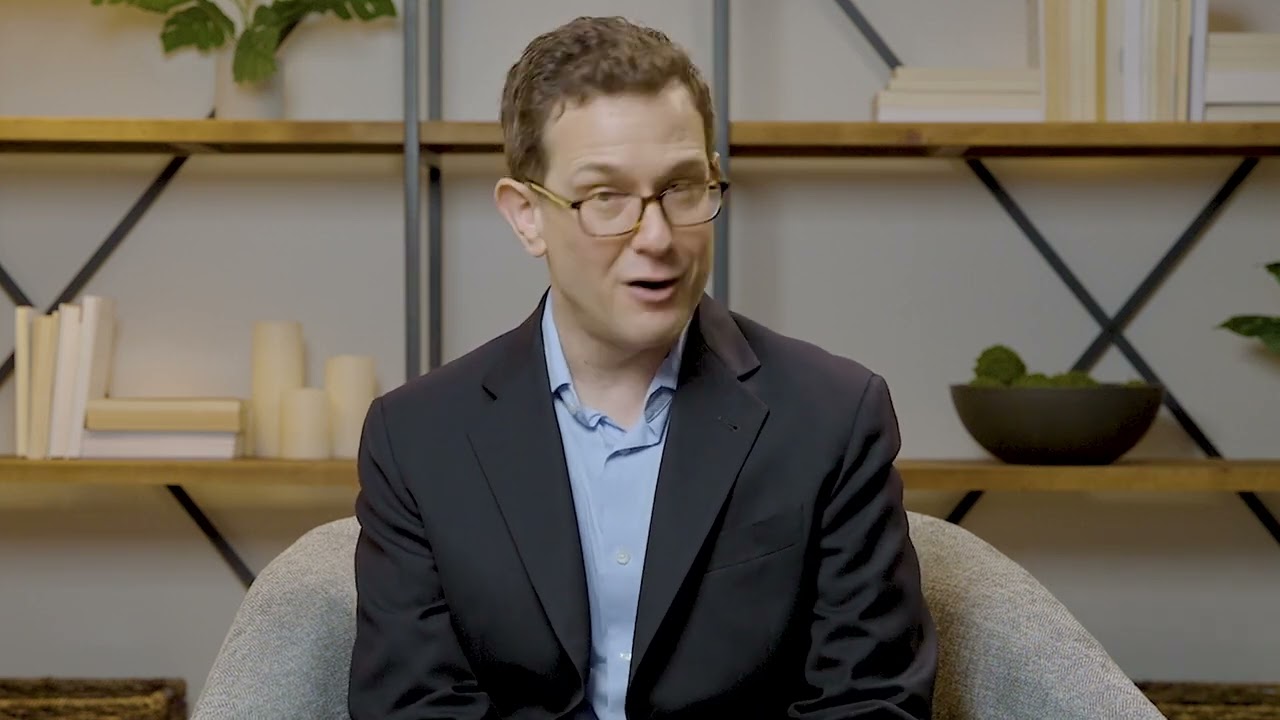
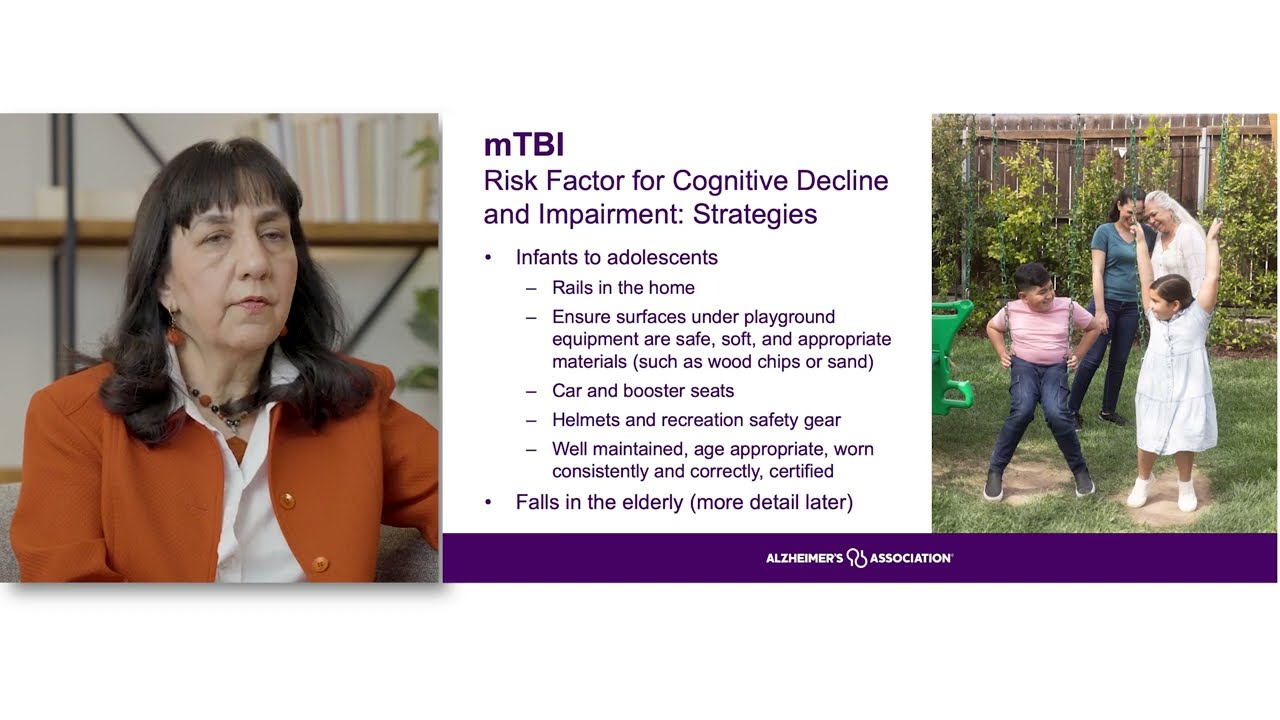

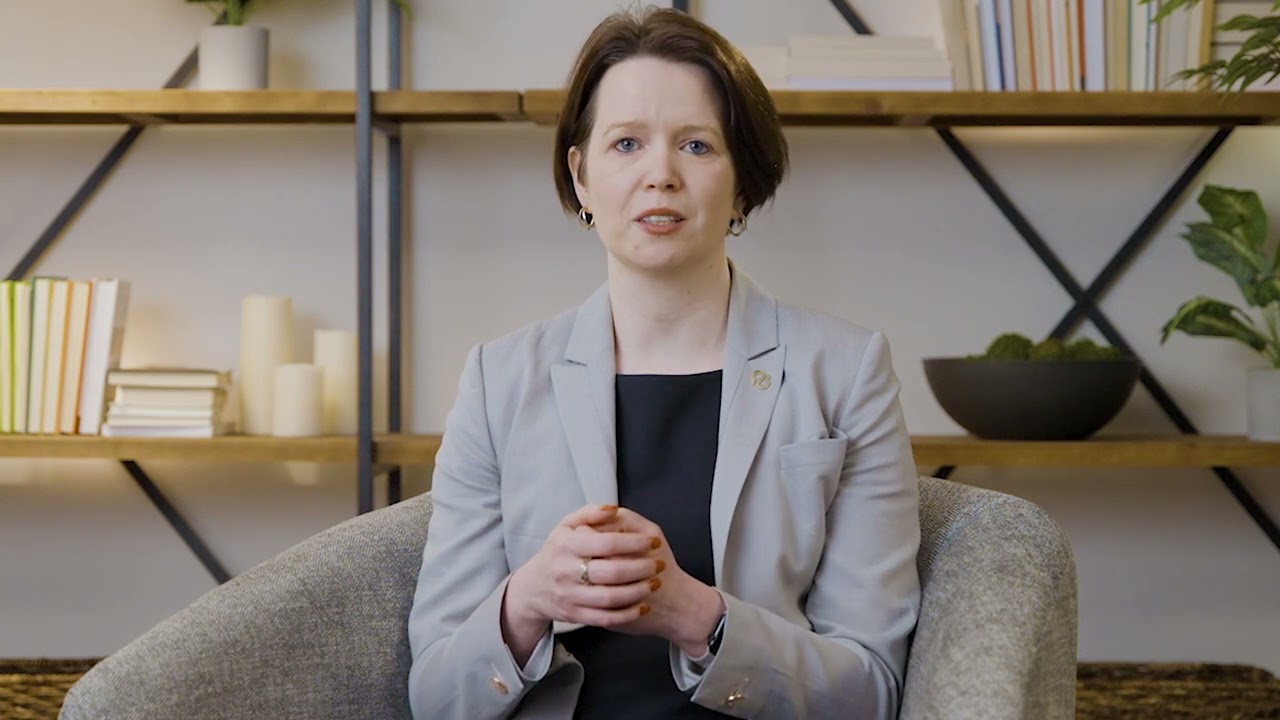
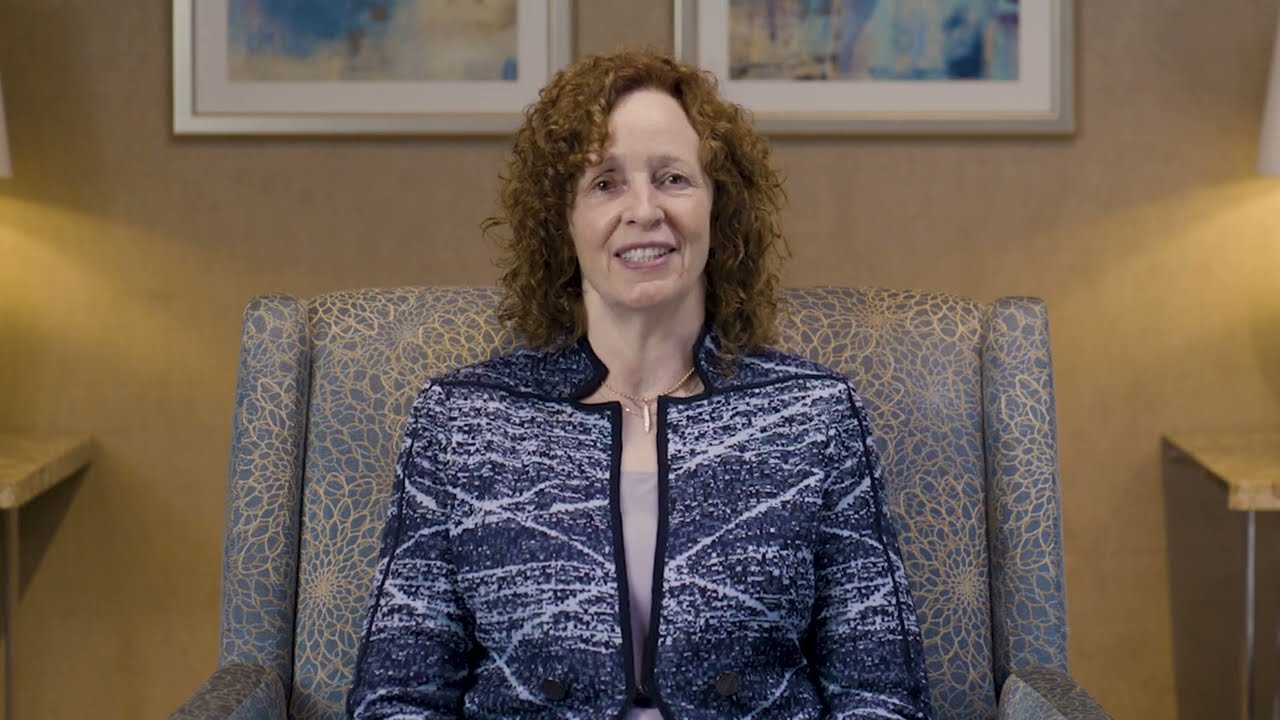




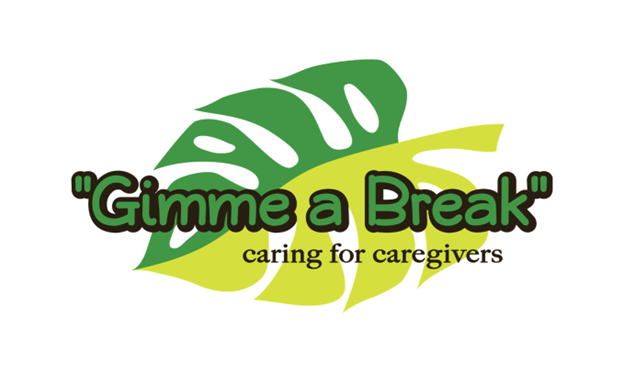

Older adults who are more socially engaged and have stronger social networks tend to have higher cognitive function and lower risk of dementia. It is natural for our social networks to change as we age. Social isolation and loneliness have been linked with increased health risks. In the spirit of aloha, let’s mālama each other and make howzit with our neighbors. It’s good for our brain health and our community too!
Tips from the Global Council on Brain Health:
Help others, whether informally or through organizations or volunteer opportunities.
If you have no one around who can help you engage socially, try turning to a local faith organization, clubs, or telephone hotline for support.